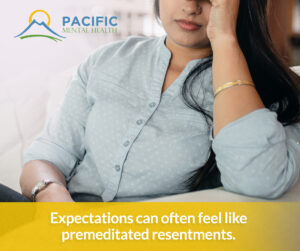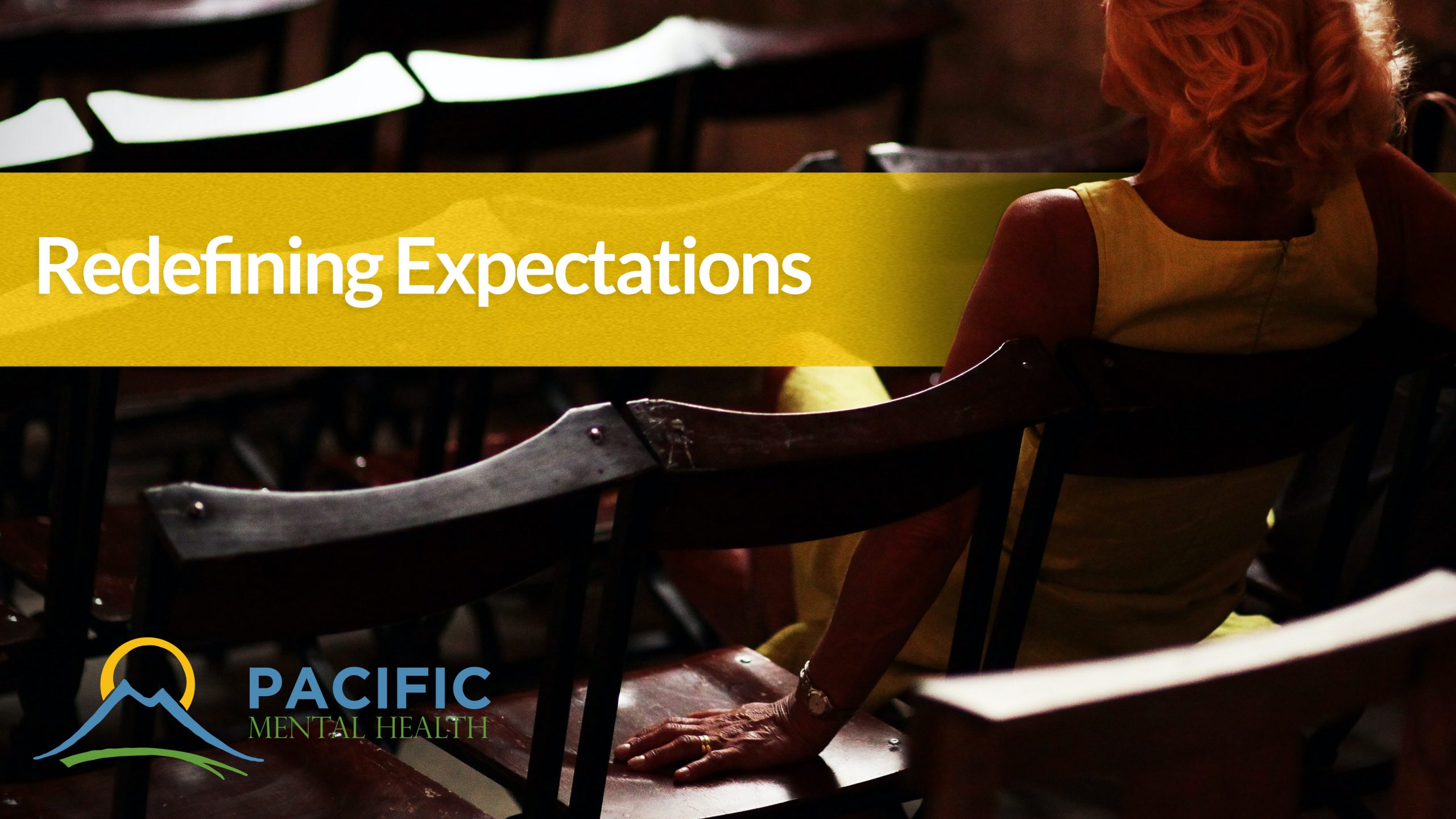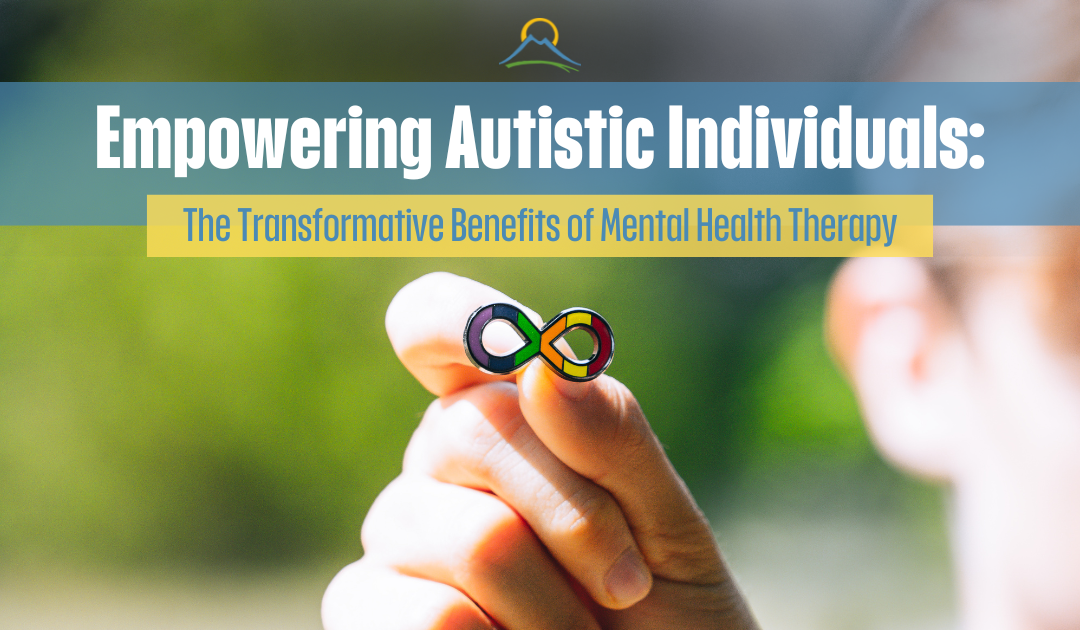Expectations: a word we all knowingly, or unknowingly, have plenty of experience with. Maybe we have memories of being expected to perform well in school or sports and failing. Perhaps we are constantly feeling like we are being let down by our partner(s) when they don’t tell us they appreciate us, or when they don’t celebrate our birthday the way we would celebrate theirs. It could be that we think we’re disappointing ourselves or others when we break a promise, or face a setback in our personal growth. Sometimes, we need to redefine our expectations.
Expectations can often feel like premeditated resentments, setups for disappointments, or fuel for anxiety. Our expectations can be built from many things including our experiences, our imaginations, the people around us, or the media. They can also be subconscious and undetected until we have an experience that doesn’t turn out the way we hoped.

Expectations of our partners
Fortunately, there are ways we can manage our own expectations that can lead to better outcomes. When we recognize our own disappointment, fear, shame, embarrassment, or anger as results of unmet expectations, we are given the opportunity to identify where those expectations may have come from and/or try to decipher our underlying wants or needs. This allows us to seek more realistic ways of meeting those needs and wants. For example, I may be feeling overwhelmed with shame and anger after a long week of taking care of the kids, taking them to practices, meeting deadlines for an upcoming project at work, and then coming home to find my partner hasn’t contributed at all to cleaning the house before our family arrives for a visit. Exploring the shame embedded in the current situation may reveal that I have expectations of myself to be able to stay on top of all my responsibilities and keep up my energy all while sustaining a good mood. Exploring the anger may reveal my expectations for my partner to help me in specific ways and show me their love by stepping up to the plate without having to be asked.
Being vulnerable about our expectations

Expectations can be insidious pressure points in our relationships with others and ourselves. They are especially unhelpful when they aren’t communicated interpersonally and aren’t malleable with reality. Communication is difficult and vulnerable when it comes to vocalizing our expectations and the needs and desires underneath them. It is not easy to admit to those around us that we feel inadequate as parents, partners, or simply as humans when we find ourselves exhausted and depressed at the end of the week. Nor is it easy to admit that we need their help and that we feel unloved and unsupported. In conversation we often realize our expectations of ourselves or others are unrealistic or simply uncommunicated.
Expectations and Compassion
This is why kindness and compassion are critical. Can we be kind to ourselves when we don’t meet our own expectations or goals—and maybe curious enough to explore where those come from and what they point to? Can we be compassionate by naming our very-human limitations, needs, and desires and communicate those to our people? Doing so allows us to come up with more realistic expectations of what we can accomplish within a period of time and be more collaborative with our partner(s) on how we can love and support each other.
Expectations and Our Self-Worth
Our self-worth is often directly linked to what we think we “should” be able to do. Our perceived value is also sometimes directly linked to what we receive (or don’t receive) from others. These links may have been something we were taught from a young age, or they may be misperceptions we adopted over time. Either way, these connections are not accurate determiners of our worth and value. Much more often, we will find them to be manifestations of what we were taught in the past and what we want and need in the present. When communicated, they can be pathways to connection and intimacy with others. When we let go of our expectations and redefine them according to our newly acknowledged needs and desires, then we can finally accept and love ourselves and find fulfillment in the unexpected joys of life.
Schedule an appointment with a trained mental health care professional at Pacific Mental Health. You can also read more articles about mental health topics written by Pacific Mental Health counselors on our blog.








0 Comments